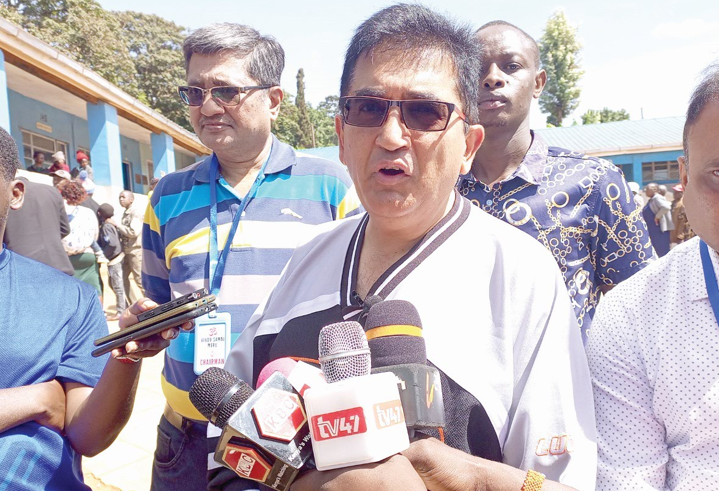Bill to promote diversity in public service

It will be mandatory for public entities to submit an annual report to Parliament, providing comprehensive details on their adherence to diversity and equal opportunity standards within the public service.
This requirement will come into effect if the House approves the proposed Public Service (Values and Principles) (Amendment) Bill (National Assembly Bill No. 46 of 2022). The Bill aims to uphold the constitutional provisions of Article 232 and Article 10, reflecting the values and principles of public service, which emphasise representation and equal opportunities for all citizens.
North Imenti MP Rahim Dawood, sponsor of the Bill, says it will focus on promoting diversity in the public service by ensuring fair representation and advancement of men and women from all ethnic backgrounds, as well as individuals with disabilities.
Entities such as the national government, county governments, ministries, State corporations, constitutional commissions, independent offices, County Public Service Boards, and County Assembly Service Boards will be mandated to submit annual reports if the Bill receives the green light from Parliament.
These reports will be crucial in shedding light on essential details, including the total number of employees, their gender distribution, age demographics, counties of birth, and counties of residence. “By mandating entities to submit annual reports and promoting transparency in employment practices, the Bill strives to create a more inclusive and representative public service sector, aligning with the nation’s constitutional values and principles,” Dawood noted.
By making such data available to Parliament, Dawood said the legislation aims to address existing disparities and create a more balanced and inclusive public service sector.
“The primary objective of the legislation is to ensure the public service reflects the rich diversity of Kenyan communities and provides equal opportunities for both men and women, individuals from all ethnic backgrounds, and persons with disabilities,” he said. According to Dawood, despite the constitutional requirement that persons with disabilities make up five per cent of the workforce, as of 2014, this number stood at only 1.5 per cent, falling significantly short of the target.
Additionally, many institutions are failing to meet the two-thirds gender rule, with women being underrepresented at less than 30 per cent. “This Bill seeks to cure the issue of one community having more representation than others, requiring the submission of annual reports to track progress and enforce accountability,” he explained.
By aligning with the principles and values enshrined in Article 232 of the Constitution, Dawood said the public service sector will be able to foster a more inclusive environment.
Supporting the proposed Bill, Wajir North MP Ibrahim Saney emphasised the importance of equitable employment opportunities for all communities, especially those in marginalised areas.
West Mugirango MP Steve Mogaka also stressed that the Bill will lead to a comprehensive public audit of all institutions, ensuring the inclusion of persons with disabilities, women, and marginalised communities in public service.
“Bill seeks to instill discipline in the public service practice, curbing patronage and promoting transparency in employment and promotions,” said Mogaka.
Chesumei MP Paul Biego said: “The passage of this piece of legislation will ensure that even if you do not know anybody you can be employed.”










